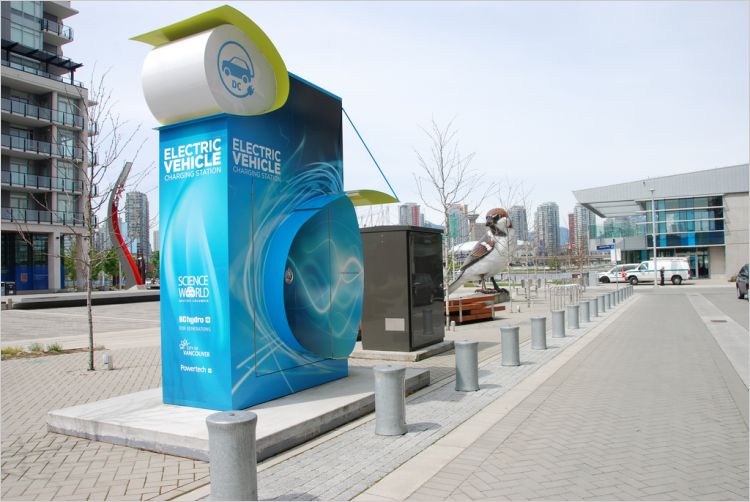rabble is expanding our Parliamentary Bureau and we need your help! Support us on Patreon today!
In Paris this week, the B.C. government announced it is the 14th jurisdiction to join the International Zero-Emission Vehicle Alliance. The commitment to work with the 13 other partners certainly makes sense. The goal of having all new passenger vehicles be zero emission by mid-century would represent a very positive transformation.
What the announcement doesn’t include are new government policies that will rapidly transition B.C. from gasoline and diesel-powered vehicles to electric and other zero-emission options. Fortunately, such policies are found in the package of recommendations from B.C.’s Climate Leadership Team.
Recommendations such as implementing a zero-emission vehicle standard and increasing the carbon tax would ensure British Columbians have affordable zero-emission vehicles they can choose from. Without the policies, the transition will not happen.
The province will hold a consultation as part of the next phase of its work on the new Climate Leadership Plan starting in January 2016.
To receive updates from the Pembina Institute on that process, please sign up by emailing [email protected].
Matt Horne is a policy expert with the Pembina Institute, a Canadian think-tank that advocates for strong, effective policies to support a clean-energy transition. He is based in Vancouver.



